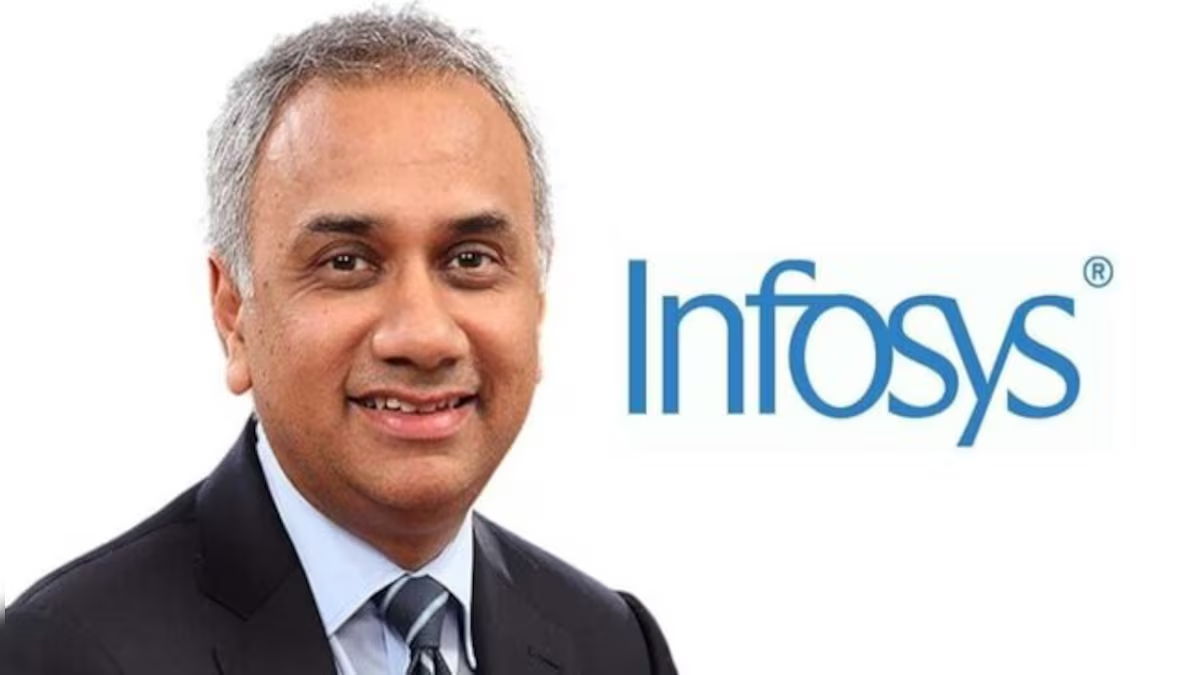In a recent move that has raised eyebrows, Infosys, one of India’s largest IT services companies, has announced the allocation of shares worth ₹50 crore to its Chief Executive Officer (CEO) and Managing Director (MD), Salil Parekh, for the fiscal year 2025.
These shares, part of a performance-based incentive, will be distributed through the Employee Stock Ownership Plan (ESOP) and will be granted separately from his salary.
While the CEO is set to benefit significantly, the company has faced criticism for its handling of employee bonuses. For the December quarter, Infosys provided its qualified employees with only an average 80% of their performance-based bonus, a stark contrast to the preferential treatment given to top executives.
ALSO READ: Call for Cyber Experts: Join FCRF Academy as Trainers and Course Creators
Furthermore, employees in the Delivery and Sales divisions, which comprise a large portion of Infosys’ workforce of over 3.23 lakh, received up to 10% less than the previous quarter’s bonus.
This disparity has sparked frustration, as many workers were hoping for a higher payout ahead of annual salary increases, which are set to occur by the end of March 2025.
The bonus allocation for employees was reportedly issued before the annual salary hike, with the company attributing it to ongoing performance evaluation.
In contrast, Parekh’s performance-based stock incentive includes restricted stock units (RSUs) that will vest over 12 to 24 months, contingent on meeting pre-set performance targets determined by the company’s board. Parekh is not the only executive to benefit, as some eligible employees have also received RSUs, with a grant of 5,000 RSUs spread over four years.
In terms of overall compensation, Parekh has emerged as one of the highest-paid executives in the Indian IT sector. In the fiscal year 2023-24, he ranked as the second-highest paid CEO in the sector, with an annual compensation of ₹66.25 crore.
The increase in his compensation came largely from a rise in the utilization of RSUs, after his salary fell from ₹71 crore in FY22 to ₹56 crore in FY23. The current year’s increase has been attributed to his greater involvement with RSUs.
ALSO READ: Call for Chapters: Contribute to the Book “Cyber Crime – From Theory to Practice”
Meanwhile, Thierry Delaporte, the former CEO of Wipro, remains the highest-paid CEO in the sector, receiving a staggering ₹166 crore (approximately $20 million) in FY24.
The contrasting treatment of executives and employees in terms of bonuses and stock options has once again brought to the forefront discussions about equity and compensation in India’s corporate sector. Many are questioning whether the current disparity is justifiable, especially in a time when employees are contributing significantly to the success of the company.



